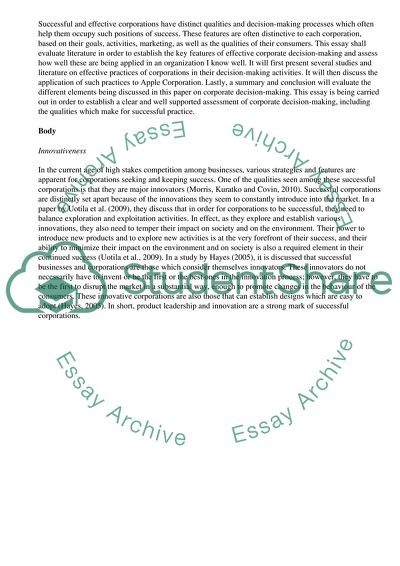Cite this document
(“Discuss the key features of effective corporate decision making and Essay”, n.d.)
Discuss the key features of effective corporate decision making and Essay. Retrieved from https://studentshare.org/management/1458334-discuss-the-key-features-of-effective-corporate
Discuss the key features of effective corporate decision making and Essay. Retrieved from https://studentshare.org/management/1458334-discuss-the-key-features-of-effective-corporate
(Discuss the Key Features of Effective Corporate Decision Making and Essay)
Discuss the Key Features of Effective Corporate Decision Making and Essay. https://studentshare.org/management/1458334-discuss-the-key-features-of-effective-corporate.
Discuss the Key Features of Effective Corporate Decision Making and Essay. https://studentshare.org/management/1458334-discuss-the-key-features-of-effective-corporate.
“Discuss the Key Features of Effective Corporate Decision Making and Essay”, n.d. https://studentshare.org/management/1458334-discuss-the-key-features-of-effective-corporate.


